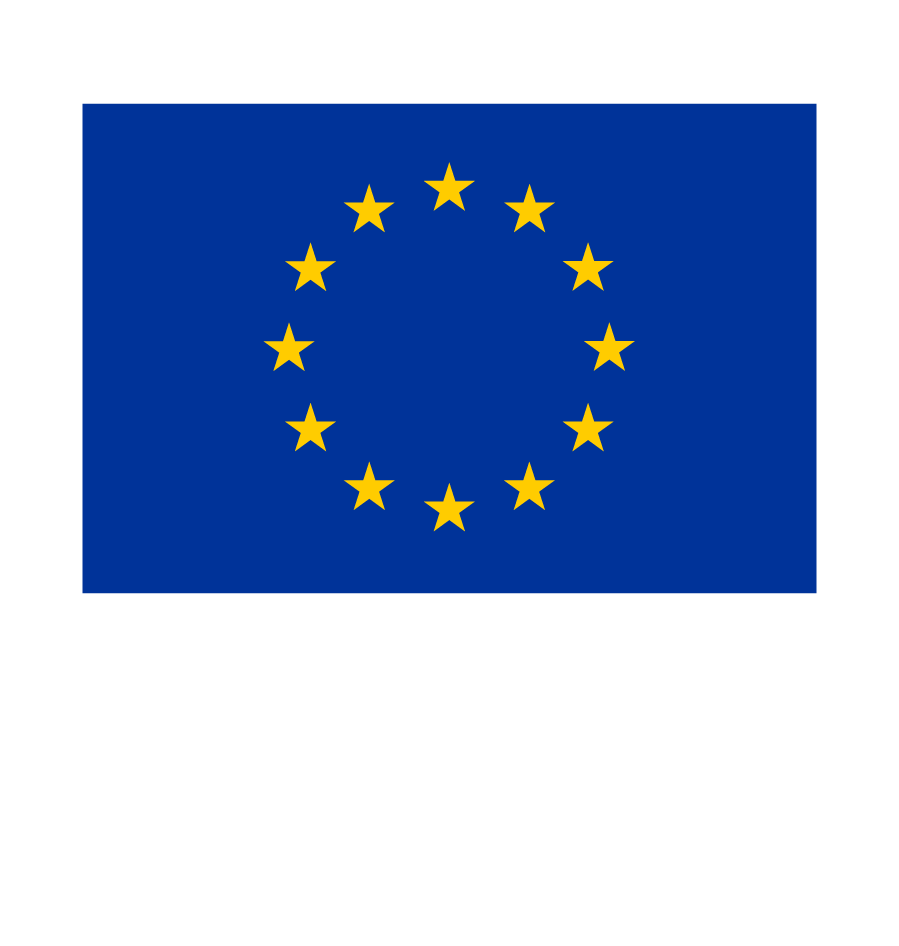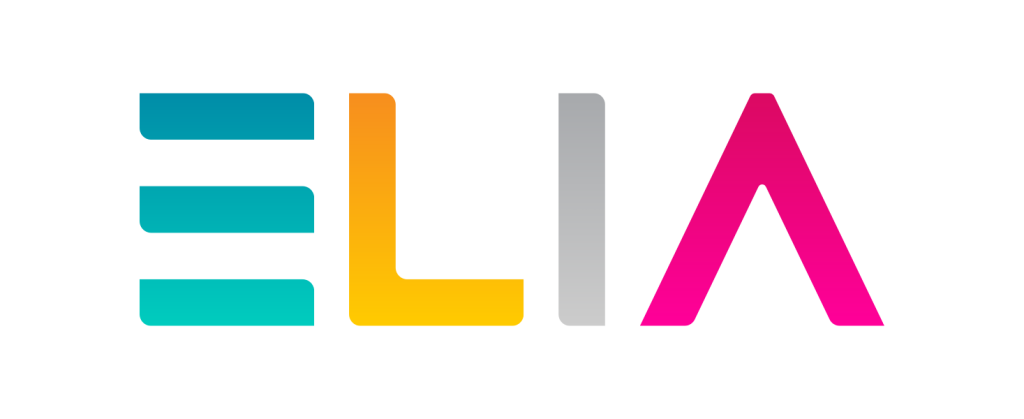Thursday, 25 September
Find the practical information guide here.
*All session times are listed in Central European Summer Time (CEST)
Creative Skills Conference
Across the conference days at CSW2025, you’re invited to mix and match sessions from the Create, Transform, and Regenerate streams, crafting a path that reflects your interests, goals, and role within the cultural and creative sectors.
Whether you’re looking to gain hands-on skills, explore big-picture strategies, or get inspired by bold new ideas, the programme is designed to meet you where you are and take you further.
Venue: Prague Congress Centre
09:00 – 09:30
Registration & Welcome Refreshments
09:30 – 11:00
Projects Marketplace
Dive into a dynamic exchange of ideas at the Regenerate Projects Marketplace. Across three simultaneous stages, 21 proposals will be pitched in fast-paced rounds, offering a snapshot of emerging practices and bold visions across the cultural and creative sectors. Equipped with headphones, the audience navigates seven rounds of 10-minute exchanges—8 minutes of pitch—choosing where to focus their attention. This format fosters serendipitous connections and cross-sector insight, inviting participants to learn, challenge assumptions, and explore new potential collaborations. Project tracks will be announced on site—prepare to move, listen, and evolve.
Projects:
- AI & Ethics: Empowering Creative Entrepreneurs for Responsible Innovation, Iwona Fluda, Ministry of Creativity LLC
- Blended Beyond Buzzwords: Energizers and Reflections as Tools for Successful Approach to Innovative Hybrid Learning, Lucie Moravcová, Mladiinfo ČR, z.s.
- Collaborations for Future Project, Kornelia Dimitrova, Foundation We Are
- Combining Craft with Digital Technologies for Sustainability in Garment Design and Consumer Approaches, Anne Louise Bang, VIA University College
- Create Opportunities, No Limits: Unlocking Employment for People with Disabilities, Lucie Kroftová, Nolimi
- Creatives in AI: Enhancing Creativity and Ethical Innovation in the Digital Age, Violeta Vasileva, Future Innovation Labs
- Creativity is a life skill – essential for learning, innovation and resilience throughout life, Katarína Kalivodová, Společnost pro kreativitu ve vzdělávání
- Dreaming In Colour (Connecting African Artists to European Creative Capitals), Kojo Marfo, My Runway Group
- From Concept to Practice: Technical Skills for Higher Education in the Arts, Abid Qayum, University of Westminster, College of Design, Creative and Digital Industries, ELIA ETHO Chair (European Technical Heads Organisation)
- MOSAIC Project, Susana Nogueira, EfVET
- Philosophy in Practice: Developing Skills for Creative Lives, Jiří Bartoník, Pink Box
- Shaping Thinking, Sam Rowe, Arts University Plymouth
- STAR 2.0 project, Katerina Moreira, Agentura pro Evropské Projekty a Management
- TalentAstra Project, Filiz Güleç Kutlu, ReSkills Training
- The Creative Connector, Andreas Knab, Data Scientist & Community Strategist
- The European Audience Data Alliance, Simona Martini, Fondazione Fitzcarraldo, and Lenka Fendrychová, Creative Prague
- The O(map) theory of creativity, Catherine Barron, The O(map)
- x-Inno Radar Project, Martin Hollinetz, OTELO eGen
11:00 – 11:30
Coffee Break
11:30 – 13:00
Parallel Sessions
Building local alliances for creative upskilling and exploring mismatches between offer and demand
This panel explores how regional initiatives can drive transformation by aligning local skills strategies with broader European objectives, particularly in the context of the green, digital, and social transitions. The session highlights existing partnerships as models for building resilient, responsive, and inclusive local skills ecosystems. Participants will examine practical pathways for reinforcing cross-sector cooperation and embedding long-term competences into territorial development.
Moderated by:
- Gisa Schosswohl, SACCORD
Speakers:
- Gerbrand Bas, Federatie Dutch Creative Industries
- Carina Dantas, SHINE 2Europe
- Wolfgang Gumpelmaier-Mach, Creative Region Linz & Upper Austria
- Simona Martini, Fondazione Fitzcarraldo
- Marta Rota & Martin Schwab, University of Arts Linz, SCALExD Project
- Eszter Tóth, University of Debrecen Faculty of Economics and Business
- Kristýna Kočová, Creative Prague
- Becky Riches, Materahub
In this session, panellists and audience explore the challenges and opportunities facing the European craft sector. Craft, a sector rich in diversity and deeply linked to heritage, region, culture, and tradition, is undergoing significant changes influenced by economic trends, technological innovation, and shifting market preferences. There is a significant resurgence of interest in handmade, artisanal products, partly driven by an appreciation for traditional craftsmanship, authenticity, making spaces, slow movement, and sustainability. This resurgence is evidenced by the estimated size and value of the European market for crafts and makers. However, challenges such as skill gaps, inadequate training, and a lack of entrepreneurial skills persist. Education and training are key factors to guarantee the future of crafts and creative makers.
Moderated by:
- Rolf Hughes, EIT Culture & Creativity
Speakers:
- Louise Allen, Creative Futures Academy
- Laura Miguel Baumann, European Crafts Alliance
- Laura Miguel Baumann, European Crafts Alliance
- Adriënne Heijnen and Marianne Ping Huang, Aarhus University, CRAFT-IT4SD
- Paolo Montemurro & Georgios Mouftoglou, Craftwork 4.0, CUBE
This session explores how cultural and creative actors can expand their impact through collaboration beyond traditional boundaries. Drawing on examples from sectors such as healthcare and aerospace, it highlights the potential of cross-sectoral alliances to unlock new competences, foster innovation, and address complex challenges. Participants will gain insights into looking outward and on how strategic partnerships can catalyse transformation.
Moderated by:
- Umberto Bellodi, Accademia Teatro alla Scala, INSPIRE
Speakers:
- Amalia Egle Gentile and Lucrezia Micheli, Health Humanities Laboratory – National Centre for Rare Diseases – Italian National Institute of Health, Pharma-HUB and RARE REELS
- Petya Koleva, Koleva Intercultura Consult
- Veronika Liebl, Ars Electronica
- Georg Russegger, Open Innovation in Science Center, Ludwig Boltzmann Society
This interactive session reimagines entrepreneurial training to better respond to the evolving demands of the cultural and creative sectors. Participants will join focused discussions on key themes—from youth entrepreneurship to non-formal and lifelong learning—examining how training programmes are developed, recognised, and tailored to market needs. A final round will distil the most relevant transformational skills emerging from the dialogue. Guided by the Working Group on Entrepreneurial Skills of the Creative Pact for Skills, the session offers a platform for shared insights and practical exchange.
Moderated by:
- Ruba Saleh, ICHEC Brussels Management School
Speakers
- Riikka Mäkikoskela and Pauliina Seppälä, Aalto University
- Godwin Tom, Creative Industries Initiative for Africa
- Sarah Daly and Oscar Diaz Creative Spark
- Christina Achilleos and Antigoni Komodiki Cultural BEES
- Annemie Verlinden and Lydia Vandam, Cultuurloket
- Linda Thoen and Tanja Zuijderwijk, Curious Culture
- Jonas Johne, Hamburg Kreativ Gesellschaft
- Dorothée Pauls and John Blanckaert, Haute École Albert Jacquard
- Ondrej Klus and Karolína Balcárková, Innovation Centre of the Olomouc Region
- Yuliia Kovalenko, Kharkiv State Academy of Culture
- Angela Dibenedetto, Materahub
- Çelebi Kalkan and Levent Abbasoğlu, Murat Kantarcı Science and Art Center
- Marija Rashkovska, Nikola Karev State High School – Regional VET Centre
- David McConnell and Sean Kelly, Northern Ireland Screen
- Elisa Sánchez Medina and Fernando Galdón, READ
- Filiz Güleç Kutlu, ReSkills Training
- Emilie Lidgard, Royal College of Music
- Natália Machado, SHINE 2Europe
- Lucie Abou and Zdeňka Kujová, Theatre Faculty Janáček Academy of Performing Arts
- Yolima Grandas and Snehal More, Thryves
- Venessa Tanovic, Universität der Künste Berlin
- Anna Wallsten, Uppsala University
- Niels Ketelaars, Utrecht Creative Community
- Aiman Hassani, wedowe Foundation
13:00 – 14:30
Lunch Break
14:30 – 16:00
Parallel Sessions
Not Just Collection Holders: Expanding the Value Proposition of Heritage Organisations in Innovation Processes
What do heritage organisations offer in collaborative innovation processes? Too often, their role is limited to valorising collections or exploring reuse in contexts such as creative production and technology development. Yet their expertise goes far beyond this; education and curation, technology and infrastructure, partnerships, advocacy, and participation. This potential is often overlooked by other sectors and policy makers, leaving many struggling to articulate their value to potential collaborators. This interactive workshop invites participants to rethink and reflect on the innovation potential of heritage organisations and consider the new skills, policies, and cooperation methods needed to embed them more fully in innovation ecosystems.
Organised on behalf of ekip, the new Innovation Policy Platform for the Cultural and Creative Industries.
Speakers:
- Gabrielle Aguilar van Gend and Kelly Hazejager, Netherlands Institute for Sound & Vision
The “Building Futures” workshop is about prototyping futures in a co-creative and experimental way as a group. We will use our material-based method, which generates a deep dive into a jointly chosen topic. Our method isn’t about mastering a craft or looking for perfection. We create and provide a space that invites our participants to think with their hands, connect with their intuition, and free their minds by engaging with materials and their bodies. The imperfections, the raw edges, and the moments of uncertainty are exactly where creativity lives. By leaning into the unknown, we invite participants to imagine, prototype, co-create, and reflect—all at once. We believe that intuitive, results-open making is a way of thinking—a tool that supports our curiosity and playfulness, nurtures our creativity, fosters communication and collaboration, and encourages reflection—with a critical mindset, to cultivate those skills and mindsets that are essential for a constantly evolving world.
Let’s experiment, build and be surprised by what emerges along the way and we will let the process shape what insights, important questions we will find together.
Speakers:
- Tobias Zucali and Martin Hochreiter, mkrz lab
Co-creation with AI in the Cultural and Creative Sectors
In this hands-on workshop, participants will actively engage with AI to explore how digital tools can support co-creation, planning, and decision-making in the cultural and creative industries. The session begins with a brief introduction to AI-enhanced dialogue methods, followed by an individual digital skills self-assessment using an AI-supported tool. Based on shared needs identified through AI-generated insights, participants will break into groups to co-develop concepts in real-time collaboration with AI. The session concludes with a joint reflection on the experience, discussing both the opportunities and current limitations of AI in creative co-production. Participants will leave with a deeper understanding of their own digital readiness and new perspectives on integrating AI into their professional practice.
Speakers:
- Peter Hiltunen, Kulturakademin
- Emmi Maijanen, LAB University of Applied Sciences
- Tuomas Pohjola, University of Turku
- Markus Sjöberg, Tampere University
How can better insights into the impact(s) of cultural and creative work help to improve access to finance? This session builds further on insights from Creative FLIP about financing cultural and creative work in transformative times and the growing attention of public and private financiers for impact financing. In an interactive setting, participants will explore how an impact-oriented business model can guide strategic partnerships, funding models, and investor engagement. Through insights into impact mapping, funding alignment, and monitoring, the session invites all participants to reflect on the role of impact in shaping more sustainable cultural and creative organisations.
Speakers:
- Isabelle De Voldere, Creative FLIP, IDEA Consult
- Joost Heinsius, Creative Flip
- Barbara Stacher, European Commission DG EAC
Flexibilní celoživotní vzdělávání v kulturních a kreativních odvětvích: volitelný doplněk, nebo klíč k budoucnosti?
The topic of micro-credentials and flexible forms of education is highly relevant for the Czech Republic. Join us for a discussion with key Czech stakeholders on how to effectively design, implement, and offer micro-credentials. We will explore opportunities for engagement and consider how this initiative can support our artists and creative professionals in enhancing their skills and competitiveness in the labour market.
The session will be held in Czech.
16:00 – 16:30
Coffee Break
16:30 – 17:00
Closing Plenary
The final session of Creative Skills Week 2025 casts a forward-looking lens on the evolving landscape of skills in the cultural and creative sectors. It reflects on the week’s insights while opening up perspectives on upcoming initiatives, long-term collaboration opportunities, and the strategic role of creative competences in shaping future European innovation and policy agendas.
Speakers:
- Rolf Hughes, EIT Culture & Creativity: European Craft Academy
- Isabelle Vérilhac, BEDA
17:00 – 18:00
Farewell Reception & Networking
Optional activities – At participants’ own expense
Optional Activities
Optional activities – At participants’ own expense:
Theatre:
- Fušeři, Na zábradlí Theatre, 19:00 CEST (drama | Czech)
- Le Nozze di Figaro, National Theatre, 19:00 CEST (opera | EN subtitles)
- Matko Boží, vyžeň Putina, Alfred ve dvoře, 20:30 CEST (experimental | Czech)
Concerts:
- Scott Bradlee’s Postmodern Jukebox: Magic & Moonlight Tour, Roxy, 19:00 CEST
- Famous Organ Concerts, Church of St. Francis of Assisi, 19:00 CEST
Exhibitions:
- Prague Art Week, Various galleries in Prague Exhibitions, 25- 28 September
- David Lynch – Up in Flames, DOX Centre for Contemporary Art Exhibition, 19 Jun 2025 – 8 Feb 2026
- Invisible Exhibition: Basic tour, New Town Hall Exhibition, 15 May – 30 Dec 2025
- Prague Tomorrow? Connected City, CAMP Exhibition, 27 March – 26 October 2025
- Tono Stano, GHMP Library Exhibition, 16 April – 5 October 2025
Festivals:
- …příští vlna/next wave…, Prague – various venues, 20 – 29 September 2025
- LUSTR 2025, Holešovice Market, 19 – 28 September 2025
- Lunchmeat Festival, Trade Fair Palace National Gallery Prague | CAMP, 22 – 28 September 2025
